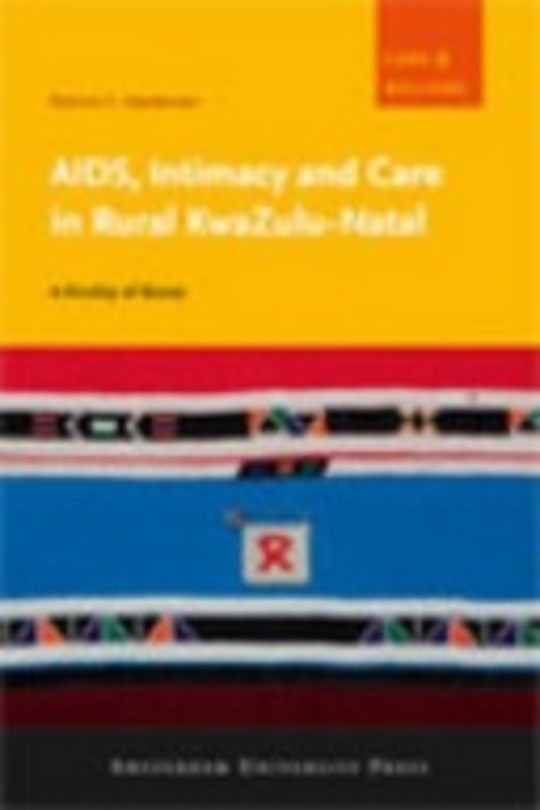
Social Media in Industrial China
Free
Description
Contents
Reviews
Language
English
ISBN
Unknown
Front-Cover
Half Title
Title
Copyright
Introduction to the series Why We Post
Acknowledgements
Contents
List of figures
List of charts
1 Introduction
A brief review of the book
Chinese family and hukou
The story of Dong
The GoodPath: A transitional town
A tour of GoodPath
The first stop: The high street
The second stop: Zhao village
The third stop: Peasant flats (nongmin fang) in the new villages
The fourth stop: The digital centre
The fifth stop: Factory plants
The end of the tour
A final note on methodology
2 The social media landscape in China1
A brief history of Chinese ICTs’ development6
QQ: The dominant social media platform in GoodPath
QQ – once the symbol of urban lifestyle
WeChat — China’s favourite new social media
What is Weibo?
Social media and smartphones
Conclusion
3 Visual material on social media
Genres of visual material on social media
‘Relationships’
‘Selfies’
‘Trivia’
‘Compulsorily shared’
‘Chicken soup for the soul’
‘Humour’
‘Fantasy’
‘Children’
‘Travel’
‘Events’
‘Archive’
‘Political’
‘Food’
‘Anti-mainstream’ (Feizhuliu)
‘Commercial’
What is special about the visual postings
of rural migrants?
The coming of age of young rural migrants
on social media
The visual on social media – a new language
4 Social media and social relationships
‘Thank you for keeping me on your contact list’
The ‘hot and noisy’ principle
Couples and wider family relationships on social media
Romantic relationships on social media
Friendship on social media
Yin si (privacy) on social media
Conclusion
5 Social media, politics and gender
Internet censorship in China
The living experience of politics – offline and online
‘Be in love with the government, but don’t marry it’
Politics as a football game
‘I have no interests in politics, but being a Communist Party member is so useful’
The ‘phoenix man’ and his political life
Conclusion
The good women of China41
Men: From opposition to feminisation
Conclusion
6 The wider world: Beyond social relationships
The atheist, folk religion and death
Chinese folk religion: Some background
Deities on social media
The homeland on social media
Folk tales on social media
Story 1 (in brief)
Story 2 (in brief)
Future life on social media
Conclusion
7 Conclusion: The dual migration
The deep rupture offline
The profound reconstruction online
Notes
References
Index
Back-Cover
The book hasn't received reviews yet.











